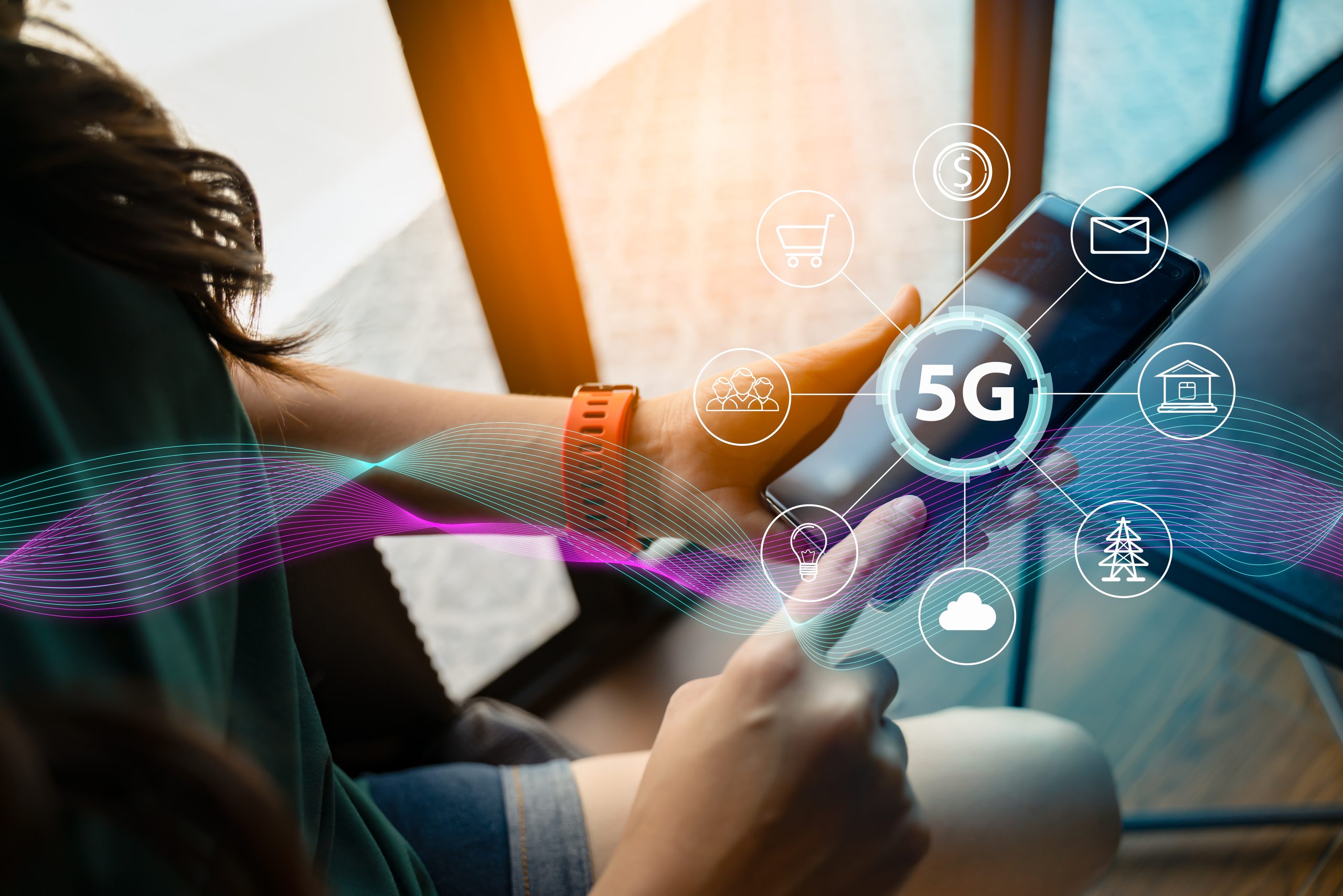Mobile communications are part and parcel of modern life. The anticipated launch of 5G technology in the near future will transform personal and business interactions. The current standard that the mobile industry relies on is 4G. It’s already more efficient than 3G technology that was capable of downloading a 5 MB music file in 15 seconds. Are you considering an informational technology degree? You’ll be in a position to explore how 5G technology can increase download speeds tremendously with shorter response times and yet use less power.
Basics of 5G Technology
As the name indicates, 5G refers to the fifth generation of mobile networks, which is the next level from 4G LTE technology. Individuals and companies have become more dependent on mobile communications for virtually everything, including:- shopping
- leisure reading
- marketing
- different forms of communication
How 5G Works
According to How Stuff Works, experts refer to 5G networks as millimeter wave technology. Why? Because it uses radio signals with wavelengths between 30 and 300 gigahertz expressed in millimeters. At this very high frequency, 5G networks will be capable of sending and receiving large amounts of data very quickly over a wide bandwidth. But there is a downside. High-frequency signals are saddled with shorter range transmissions. The technology as it stands today can project over a shorter span. Transmission through fixed obstacles such as walls and trees may cause a disruption. Technically speaking, 5G may be comparable to a line-of-sight design. The wireless modem or other device should be close enough to the base to access maximum transfer speeds. This advance technology may require the deployment of more base stations in service areas to provide the best transmission speeds. This technology will enhance latency or response time, possibly achieving an almost instantaneous response. Latency refers to the lag time between devices as one sends and the other receives. The latency for 4G networks is estimated at 70 milliseconds, which will be reduced to 1 millisecond latency when 5G technology is finally enabled.The Power of 5G
The roll-out for 5G networks is expected to began recently. Initially, it will work side-by-side with existing 4G networks until the transition is completed. It may not be widely available until 2025. Initial targets for 5G upgrades include enhanced mobile broadband services for homes and businesses. It will boost machine to machine communications, including devices that are part of the Internet of Things. This is the technology that may revolutionize processes in the manufacturing and agricultural sectors. It will transform business communications in most industries. It will also usher in the robotics era. The almost-instantaneous response time will boost the functionality of driverless cars and other autonomous transport systems. On the community level, 5G is expected to drive the development of:- smart cities
- smart homes
- smart buildings
- technician
- research specialist
- design engineer
- other technology-related positions
- businesses
- communities
- individuals
Related Resources:
Featured Programs
5 IT Forums That Can Help You Troubleshoot Your Own Tech Issues
5 Online Degree Programs for Tech-Savvy Students
5 Ways Technology Has Changed The Hospitality Industry For the Better
